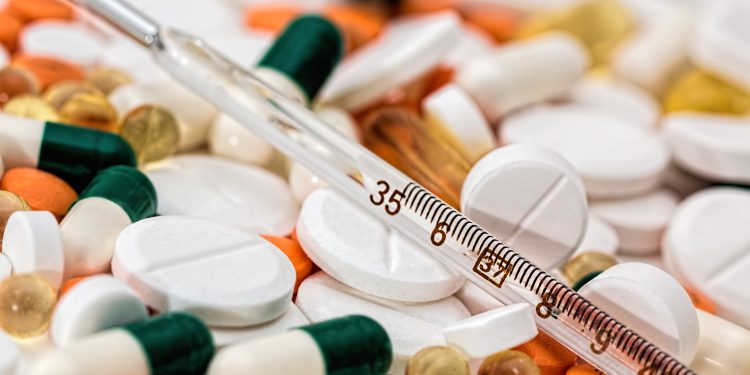In a world grappling with an ever-evolving healthcare landscape, one issue continues to persistently haunt societies worldwide: drug use and abuse. VivaHealth Magazine delves deep into the heart of this matter, seeking to unravel the truth behind drugs and shed light on the complex web of facts, myths, and misconceptions that surround them.
The Nuances of Drug Use
Drug use is a multifaceted issue with myriad implications for individual health and society at large. It is essential to differentiate between different categories of drugs to gain a comprehensive understanding:
1. Medicinal Drugs:
Many drugs are designed to alleviate suffering and improve health. When used responsibly under medical supervision, they can be powerful tools for healing. It is essential to recognize the distinction between prescribed medications and recreational drug use.
2. Recreational Drugs:
These substances, often used for their pleasurable effects, have the potential for misuse and addiction. Understanding the risks associated with recreational drug use is crucial for making informed choices.
3. Illicit Drugs:
These are drugs that are illegal to possess, manufacture, or distribute. Illicit drugs can pose severe health and legal consequences, and their use often leads to criminal activities.
The Myths and Misconceptions
Myth 1: All Drugs Are Equally Dangerous
– Truth: The risks associated with drugs vary significantly. Some drugs, when used in moderation, may have limited adverse effects, while others can be highly addictive and harmful even with occasional use.
Myth 2: Legalizing All Drugs Will Solve the Problem
– Truth: Legalization does not eliminate the risks associated with drug use. Instead, it offers opportunities for regulation and harm reduction strategies, which can help mitigate some of the negative consequences.
Myth 3: Drug Addiction is a Matter of Weak Willpower
– Truth: Addiction is a complex interplay of genetic, environmental, and psychological factors. It is not solely a matter of willpower, and individuals struggling with addiction often require support and treatment.
The Health Impacts
The effects of drug use on health can be both immediate and long-term. Here are some key points to consider:
1. Immediate Effects:
Depending on the drug, these can include altered perception, impaired judgment, and physical and mental health risks, such as overdose or accidents.
2. Long-Term Effects:
Chronic drug use can lead to a range of health issues, including addiction, cardiovascular problems, respiratory diseases, mental health disorders, and damage to vital organs.
Prevention and Harm Reduction
Rather than relying solely on punitive measures, societies are increasingly embracing harm reduction strategies to address drug-related issues. Some key approaches include:
1. Education:
Providing accurate and unbiased information about drugs helps individuals make informed choices.
2. Treatment and Rehabilitation:
Offering accessible and effective treatment options for those struggling with addiction is vital for recovery.
3. Needle Exchange Programs:
These initiatives reduce the transmission of bloodborne diseases among injection drug users.
4. Safe Injection Sites:
These supervised facilities offer a safe environment for drug consumption, reducing overdose deaths and connecting users with health services.
Conclusion
The truth behind drugs is a complex and multifaceted issue, and there is no one-size-fits-all solution. It is essential to approach this topic with compassion, understanding, and a commitment to evidence-based strategies. By dispelling myths, providing education, and embracing harm reduction, we can work towards a healthier and more informed society where individuals can make responsible choices regarding drug use.






























